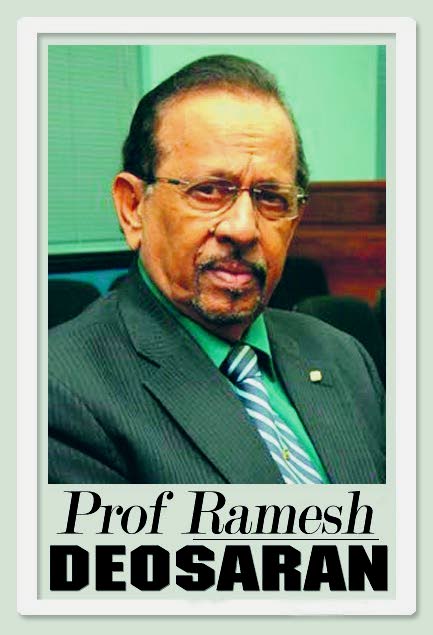Political integrities

As a reminder, any government in a healthy democracy is constitutionally required, as a priority, to respond to and deal effectively with citizens’ concerns and basic needs. And given the leverage citizens have from social media, elected officials must now adjust to provide quick and efficient responses.
President Paula Mae-Weekes has already spelt out the “hurt” that citizens feel at not having their grievances properly dealt with.
More recently, the President asked the fundamental question of politicians: Can we trust you?
From voices through talk shows and mass media, the citizens gave the troubling answer: All is not well, to put it mildly.
But we seem to be carrying on as if it is, and now, pressed by covid19 enclosure, citizens have now apparently become more reflective about how things could be better. It is not only about material goods and services. It is also about morality in public affairs. This was the opening mission of politics as promised by the late Dr Eric Williams. Really, the country seems to have lost its way from its early promises and ideals.
It would have been easy to deal with if it were only about the PNM or only the UNC or the COP, or even the NAR Alliance. Each one in power faced the same inherited problems and committed the same breaches.
For this, winning elections, as the President rightly implied, leaves the fundamental problems in abeyance, from bad roads, public safety, gross inequity in education, wasteful state companies to election financing, constitution reform, public service inefficiency and the virtual collapse of state institutions. Citizens persist without noisy marches to voice these concerns, with the logic that elections will be won or lost on these premises.
But not so. “Fear of the other race” continues to be the major electoral motive. There is little or no common purpose between the races here.
Moreover, when frustrated citizens can’t deal with an unresponsive political system, they turn against one another.
Will political leadership ever help us? The civil society in between remains weakened by its dependence on government funding, hoping for patronised appointments, getting through by contact and fear of victimisation.
Even in some areas the private, free media often tiptoe through the tough issues, especially when faced with lack of information from state institutions.
And the government wanted to narrow down the Freedom of Information Act? Is this the society we were promised? This is no exaggeration. Not me alone.
Noting the flourish of published concerns over race, politics and the lack of structural reforms, I posted on August 29: “Leaders who inspired had courage to mash a few corns. Christ did, not dodge around issues with nice words. Could we?”
I was referring to the safety of political correctness at a time when courage to invoke betterment is so necessary.
And once again the responses revealed the underbelly of dissatisfaction.
On September 1, I posted another question on political integrity: “Do party members know what is right but still defend what is wrong with and in their party? Is this a moral dilemma or a doctrine of necessity?” That is, does it bother their conscience or is it something they feel they must do for the survival of their party? Citizens’ responses revealed the mistrust they have in elected politicians.
Some published examples follow:
One farmer replied, “Politics has a morality of its own. Sheep will be sheep.”
A prominent attorney: "This is partly a product of our educational system. So very few seem prepared to stand up against what they believe to be wrong.”
A former independent senator: “They will call it the lesser of two evils.”
Another person: “Politicians have diffused their integrity for a morality of its own. That is why we have such deviance and backward conduct.”
A publisher: “It is like cult behaviour.”
An engineer: “Collective responsibility is one of the many flaws of our Westminster model of Parliament,” to which a Carnival leader said, “Yes, Brother.”
My reply to all this: “So does it look like we will have to live with ‘lesser evils’ in politics all our lives?”
To which a renowned clergyman wrote: “It has been so and we like it so. Where there is no vision, the people perish.”


Comments
"Political integrities"